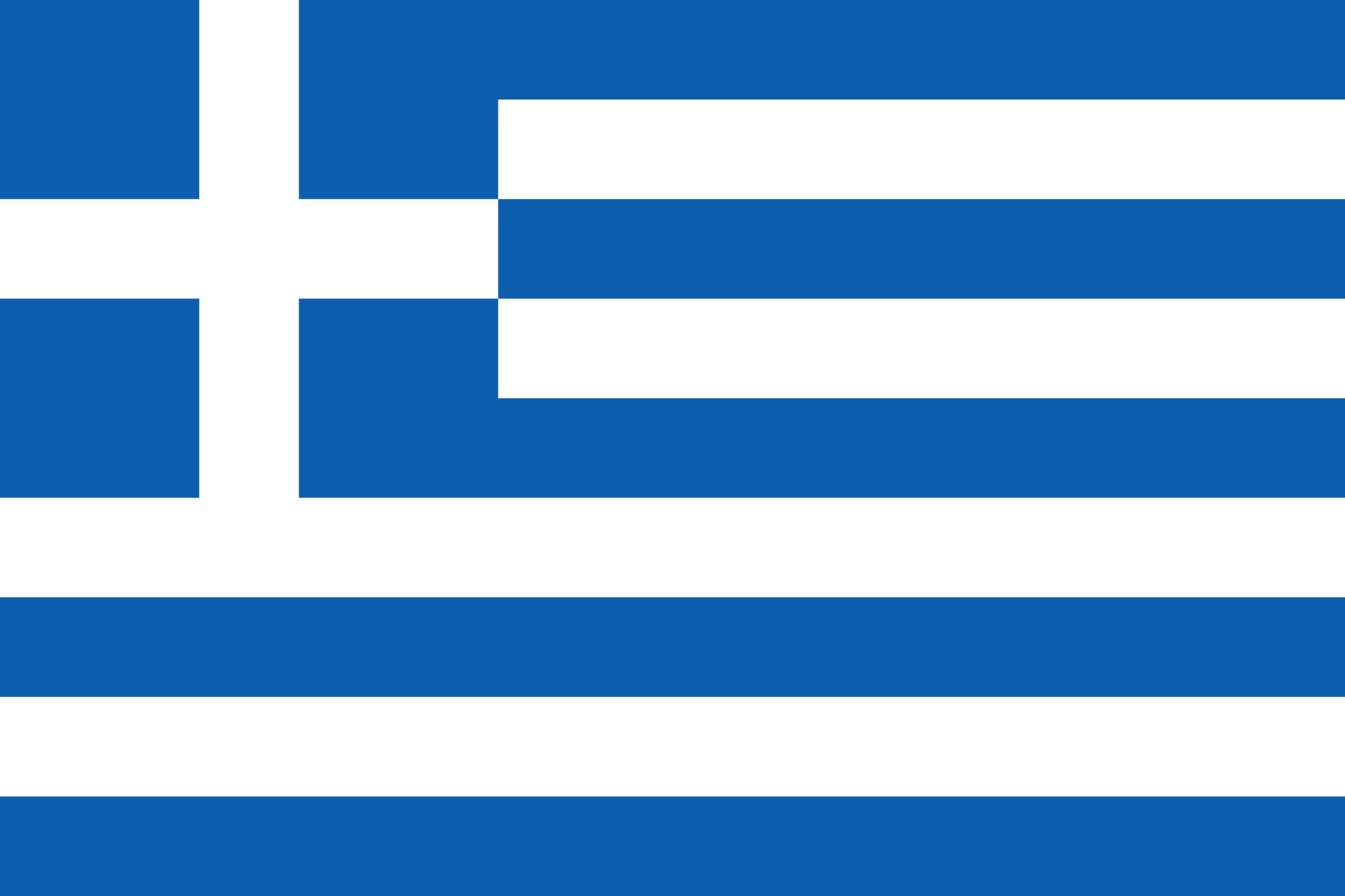For more than a half-century, a series of United Nations resolutions and rulings by the International Court of Justice have underscored the rights of inhabitants of countries under colonial rule or foreign military occupation. Among these is the right to “freely dispose of their natural wealth and resources,” which “must be based on the principles of equality and of the …
Russia Invites Greece to Join BRICS Bank
Greece has been invited by Russia to become the sixth member of the BRICS New Development Bank (NDB). The $100 billion NDB is expected to compete with Western dominance and become one of the key lending institutions. The invitation was made by Russian Deputy Finance Minister Sergey Storchak on Monday during a phone conversation with Greek Prime Minister Alexis Tsipras, …
Greek Debt Crisis: Is Default or Exit Inevitable by JACK RASMUS
This past week, April 24, European finance ministers met in Riga, Latvia. High on the agenda was the topic of Greek debt negotiations. Two months after theFebruary 28 interim agreement between Greece and the EU ‘troika’—the IMF, European Commission, and European Central Bank—in which both sides agreed to continue negotiating—little has changed. In fact, led by its de facto spokesperson, hardline …
Greece Demands €278 Billion World War II Reparations from Germany, More Than its Debt to EU
Germany owes Greece no less than €278.7 billion in World War II reparations, Athens said, referring to the destruction wrought upon the nation during the Nazi occupation. The sum exceeds Greece’s total debt of €240 billion to the EU. “According to our calculations, the debt linked to German reparations is €278.7 billion euros, including €10.3 billion for the so-called forced …
Eurasian emporium or nuclear war?
A high-level European diplomatic source has confirmed to Asia Times that German chancellor Angela Merkel’s government has vigorously approached Beijing in an effort to disrupt its multi-front strategic partnership with Russia. Beijing won’t necessarily listen to this political gesture from Berlin, as China is tuning the strings on its pan-Eurasian New Silk Road project, which implies close trade/commerce/business ties with …
Nazi Extortion: Study Sheds New Light on Forced Greek Loans
Is Germany liable to Athens for loans the Nazis forced the Greek central bank to provide during World War II? A new study in Greece could increase the pressure on Berlin to pay up. Loukas Zisis, the deputy mayor of Distomo, a village nestled in the hills about a two hour drive from Athens, says he thinks about the Germans every day. …
Lies and Deceptions on the Left: The Politics of Self Destruction
Over the past year, what appeared as hopeful signs, that Left governments were emerging as powerful alternatives to right-wing pro-US regimes, is turning into a historic rout, which will relegate them to the dustbin of history for many years to come. The rise and rapid decay of left-wing governments in France, Greece and Brazil is not the result of a military coup, nor is it due …
The ECB’s Noose Around Greece: How Central Banks Harness Governments
Remember when the infamous Goldman Sachs delivered a thinly-veiled threat to the Greek Parliament in December, warning them to elect a pro-austerity prime minister or risk having central bank liquidity cut off to their banks? (See January 6th post here.) It seems the European Central Bank (headed by Mario Draghi, former managing director of Goldman Sachs International) has now made good on …
Eight Lessons for Progressives Inspired by Syriza
You can’t watch what is unfolding in Greece and not marvel at the clarity, fortitude and nerve of the new government there. In fact, we’re pretty sure that many progressives across North America are saying to themselves, even if just quietly, “We’d sure like to do that.” And who wouldn’t? Syriza is standing up to the powers-that-be in European capitalism in …
The Greek Debt Interim Agreement: Necessary Step or Sell-Out?
By Jack Rasmus –
Last Friday, February 20, Greece’s Syriza government agreed to a four month extension of the current debt package that has been in effect since Greece’s last debt renegotiation in 2012, thus agreeing to the main demand of the Troika that it do so as a condition for further negotiations. Some have read this as a ‘sell-out’ by Syriza of its election promises to reject the austerity measures the Troika established in 2010 and 2012, which have kept Greece in a condition of perpetual economic depression for the past half decade. By agreeing to continue current debt arrangements for another four months, critics say Syriza has also reneged on its promise to reject the Troika’s previous debt deal. The same critics argue that Syriza should have simply declared ‘no’ to extending both the current debt package and related austerity measures by the February 28 expiration date. And if the Troika didn’t like it, so be it; Greece should just leave the Euro currency zone.









